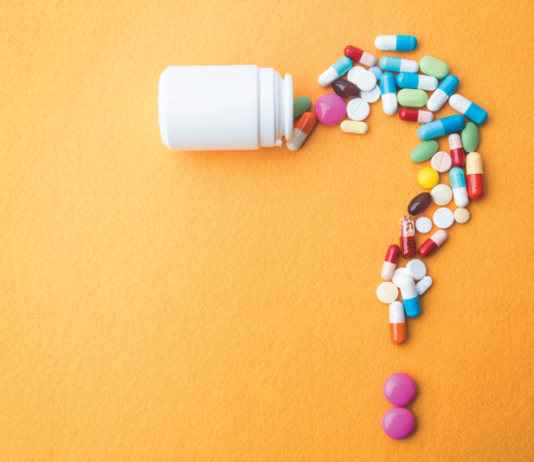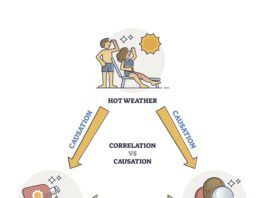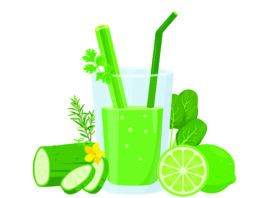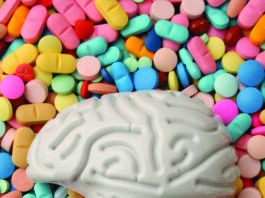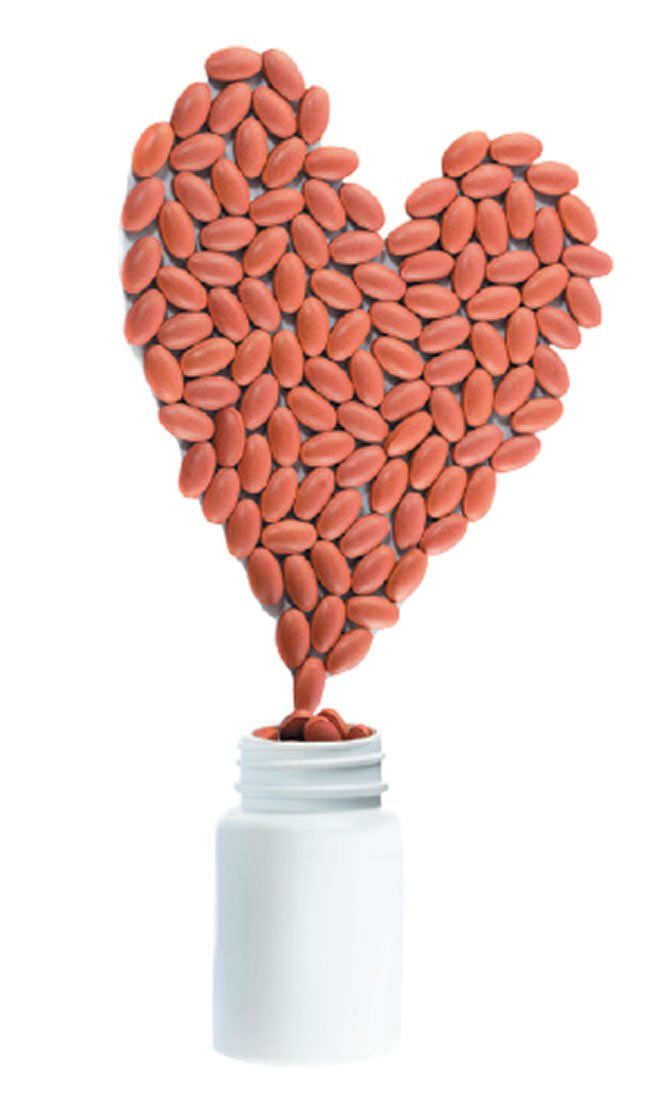Do High Temperatures Destroy Vitamin C Benefits?
The content of vitamin C in raw potatoes in the USDA National Nutrient Database is 11.4 milligrams per 100 grams, and the value decreases to 7.6 milligrams in canned potatoes. Humans do not consume fresh potatoes and the vitamin is known to be susceptible to degradation by food preparations used in home and commercial food processing. Boiling in water can quickly decrease vitamin C content in potatoes by 10% in 10 minutes. However, baking and microwaving can retain more than half of vitamin C because vitamin C does not leach out from potatoes into water and then degrade. Thus, vitamin C content in cooked potatoes can be varied depending on style of preparations.
Q. Is there a recommended ratio of omega-3 fatty acids to omega-6, which I...
Q. Is there a recommended ratio of omega-3 fatty acids to omega-6, which I read can cause inflammation?
Q. I take a morning calcium and vitamin D as well as my multivitamin...
Q. I take a morning calcium and vitamin D as well as my multivitamin with breakfast. Am I impeding absorption of any of these vitamins and minerals by taking them together? With the multivitamin, could I be getting too much calcium?
Q. I bought some soy lecithin granules awhile back after reading they were supposed...
Q. I bought some soy lecithin granules awhile back after reading they were supposed to be good for my brain, then forgot I had them. Should I incorporate taking them into my daily routine or throw them away?
Whats Really in Your Dietary Supplements?
Surveys have shown that a large majority of Americans are confident in the safety, quality and effectiveness of products marketed as dietary supplements (a term derived from a 1994 law that questionably grouped drug-type herbal and botanical extracts with essential vitamins and minerals). So many were shocked at the recent news that four out of five popular herbal remedies sold at some of the nations leading retailers didnt contain any of the promised ingredients. The investigation by the New York State attorney generals office charged GNC, Target, Walgreens and Walmart with selling fraudulent and potentially dangerous products and demanded the products be yanked from store shelves.
Q. I have recently read that calcium supplements can be dangerous when not taken...
Q. I have recently read that calcium supplements can be dangerous when not taken with magnesium. Also, that the ratio of calcium to magnesium should be 2:1 or lower. Will you please have your experts answer whether this information is correct? I should be increasing my calcium for bone health but am worried about the negative effects.
No Heart Benefit Seen for Women Taking Multivitamins
Multivitamin supplements are no substitute for a nutritious diet in preventing cardiovascular disease, according to a large new study of multivitamin use in women. Despite the widespread use of multivitamin supplements, few studies have investigated whether they reduce the risk of major chronic diseases, including cardiovascular disease.In 2012, results from the Physicians Health Study II did report that, among a group of US male physicians, taking a daily multivitamin did not reduce major cardiovascular events, heart attack, stroke and cardiovascular mortality after more than a decade of treatment and follow-up.
Not Enough Evidence for Routine Vitamin D Screening, Experts Say
An independent expert group that advises the government on evidence-based medicine says theres not enough evidence to recommend routine vitamin D screening for healthy people. Scientists for the US Preventive Services Task Force reviewed 17 studies of treating vitamin D deficiency in people without clinical symptoms. In recommendations published in Annals of Internal Medicine, the experts concluded that the association between vitamin D status and health outcomes is unclear, and the threshold for determining deficiency has not been firmly established.
Banned Supplements Dont Stay Off the Market
A new study, published in JAMA, reports that products sold as dietary supplements that have been recalled by the FDA often find their way back onto store shelves on average only a year later. The products were found to contain powerful but undisclosed prescription drugs, anabolic steroids and banned amphetamine-like compounds. But researchers were able to purchase 27 such recalled products with identical packaging; many others, they noted, return to the market with cosmetic changes to labels or branding.
Finding New Health Benefits for Vitamin K
Vitamin K, once thought important primarily for blood clotting, may have a much wider array of health benefits. One recent Spanish study reported that people with the highest dietary intake of vitamin K were at significantly lower risk of mortality from cardiovascular disease, cancer and all causes. And if youre not already consuming plenty of vitamin K-found in dark leafy greens, broccoli, Brussels sprouts and other vegetables (see box)-its not too late to start: The study also found that people who increased their vitamin K intake were at lower mortality risk.





















